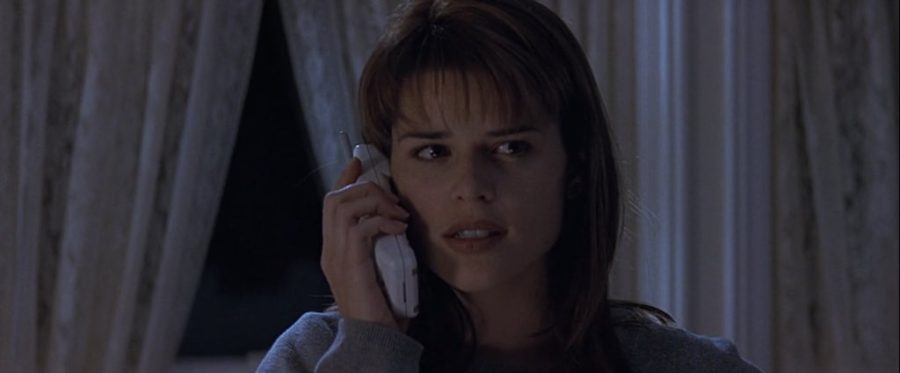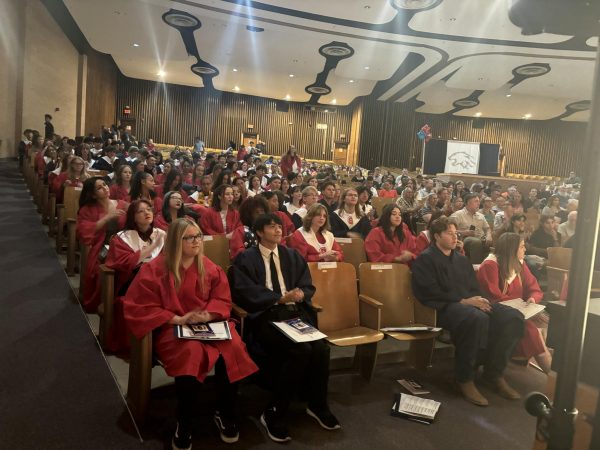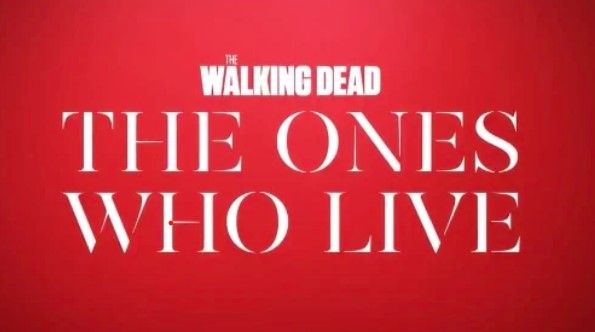The Evolution of the Final Girl: Feminist Horror
September 2, 2022
The horror genre has come a long way since films such as Psycho or the Texas Chainsaw Massacre Debacle. We’ve all heard the term ‘Final Girl’ at some point or another: a quick-witted survivor of archaic terrors and a hottie with “large” features. For nearly eighty years, the horror genre has presented women as damsels in distress who fight needlessly until they manage to outsmart the killer.
Then the nineties rolled around and began chipping away at timeless tropes. Enter Scream, the satirical and meta masterpiece that broke the cliches and gave us a real heroine to root for. Sidney Prescott is a character who fought against the traditions of horror and aided in the escapade to change the female protagonist forever. If it weren’t for Sidney, nor Neve Campbell’s phenomenal performance, we wouldn’t have the flicks of today: Midsommar, Cherry Falls, and The Invisible Man. Sidney is a girl escaping the toxicity of her boyfriend and breaking the idea that only virtuous, abstinent final girls may seize the day. Scream even builds on this trope throughout the movie, like when Stu Macher (portrayed by Matthew Lillard) says: “Now that you’re no longer a virgin, you gotta die. Those are the rules.” Sidney fights against this formula though, winning the day and putting an end to age-old tricks. This is a prime example of the turning point in horror.
After Scream’s debut, we are given films such as Jennifer’s Body and Ginger Snaps. We begin to follow the complex stories of various women; how they fight back, how they cope and manage. We see women escaping from toxic relationships and gaining closure—we see and understand so much about these fleshed-out characters. The final girl is suddenly someone real and relatable – not someone for viewers to fawn over.
Feminism isn’t truly just about empowering women (though many think that’s the case). It’s about equality of the sexes, whether that be socially or politically. Feminism can be good for men too; men and women alike can learn that it’s okay to be sensitive and vulnerable, as well as strong when the time calls for it. It’s important for men to understand this, and there are even films such as The Collector or The Burning that follow male protagonists in a fit of vulnerability, which is a rarity in most media. It’s beyond important that these things are portrayed in the media: that it’s okay for women to be strong and empathetic, and it’s okay for men to be scared and weak. Horror movies are a wonderful way to represent these ideals when it’s done right, and they can be greatly influential.
Teen boys can take their girlfriends to see these films, and together they can learn you can be exposed and weak, or strong and caring, no matter your gender.




















